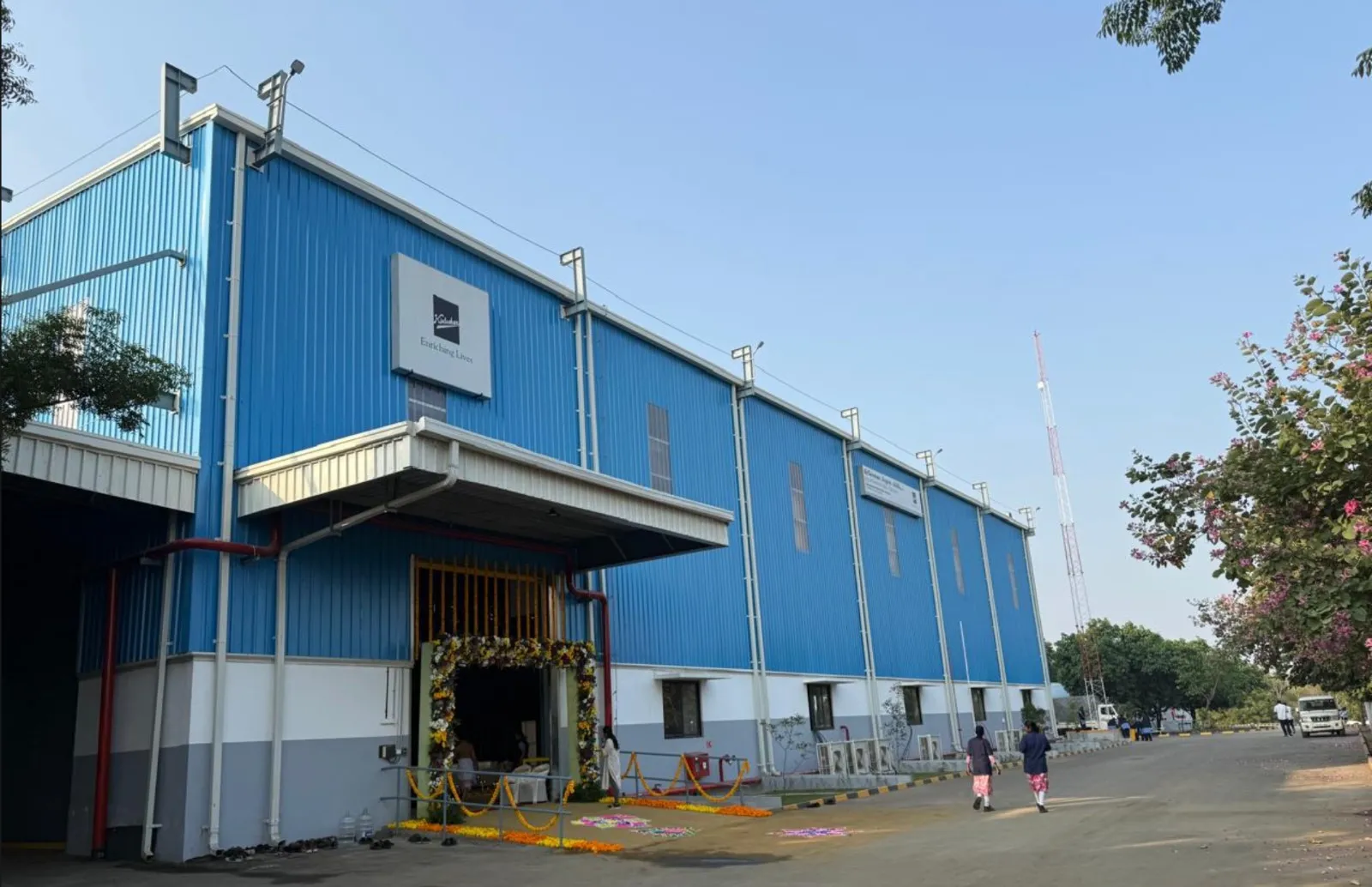DIBYANSHU, PRATEEK BHANDARI and SATHYAJITH NAIR write about the impact of COVID-19 on the construction and infrastructure sector.The global outbreak of COVID-19, an infectious disease caused by a SARS-CoV-2coronavirus, was recognised as a ‘pandemic’ by the World Health Organisation (WHO) on March 11, 2020. The pandemic has posed multiple challenges across the world for various stakeholders, including the construction and infrastructure sectors. The challenges and issues need to be carefully analysed and mitigated to the extent feasible. The three main issues to consider are discussed below:i. Direct impact on location of construction activities: Globally, it appears that certain authorities such as the Ministry of Works, Malaysia, and Mayor, City of Boston, have ordered a halt on certain construction work in light of worker safety and to check the spread of COVID-19. Similarly, pursuant to the Epidemic Diseases Act 1897, states in India are permitted to enforce temporary regulations to be observed by the public for preventing outbreak of dangerous epidemic diseases. Violation of these regulations is an offence punishable with imprisonment under Section 188 (Disobedience to order duly promulgated by public servant) of the Indian Penal Code 1860. Certain recent regulations framed in exercise of powers conferred under the Epidemic Diseases Act 1897 by states may directly impact construction activities. For example, the Maharashtra COVID-19 Regulations 2020 authorises municipal authorities or the district administration to seal defined geographical areas such as villages, towns, colonies or wards. Further, under the regulations, authorities can bar entry and exit of people from as well as restrict vehicular movement in such areas. On March 20, 2020, the Maharashtra Government declared that all shops (non-essential) and offices are to remain closed till March 31, 2020. At the time of this article being published, similar regulations are also in place in Delhi, Gujarat, Tamil Nadu, Karnataka, Haryana and Rajasthan. Therefore, if the location of the construction activity or project falls within the impacted geographical area, construction activities will be directly affected. ii. Impact of shortage of manpower on construction activities: The construction sector is highly dependent on manpower. The regulations under the Epidemic Diseases Act 1897 require certain people with travel history to areas affected by COVID-19 to report to government hospitals or isolate at home. As COVID-19 spreads, the requirement of social distancing and isolation in certain cases may affect the availability of skilled workforce required for specialised scope of work. iii. Impact on raw materials: Various industries in India are dependent on imports for their requirement of raw materials and COVID-19, which has spread in over 150 countries, has disrupted the supply chain. This is especially true for the construction sector, which is a major importer of steel and construction materials, consumables and construction equipment from China, and is likely to be significantly affected. Evidently, as exports from China decline, the benefit on account of an inexpensive supply chain will be diluted. Further, the time and cost required to explore alternate supplies may impact the sector. The implicationsThe uncertainty caused by COVID-19 is likely to cause delay and impact contractual obligations under project development and construction contracts. As time is of the essence in contracts of this nature, the events on account of COVID-19 may lead to breach of contractual obligations, resulting in financial implications in terms of termination rights, damages or cost overruns resulting from suspension.In search of reliefThere exists huge uncertainty as to the next course of action against COVID-19 in India – project developers need to plan efficiently to insulate the impact. From a contractual obligation perspective, developers must revisit contracts to see if they can use provisions like force majeure or suspension to excuse their performance on account of the epidemic.‘Force majeure’, which includes ‘acts of God’, can be defined as an event outside the control of the parties that prevents one or both of the parties from performing their obligations. To satisfy the requirement of force majeure, the affected party must establish that it could not have reasonably prevented the effect of the force majeure event and that such party has taken all reasonable mitigation measures to reduce the effect of such an event.Notably, on February 17, 2020, the China Council for the Promotion of International Trade announced that it had issued over 1,600 force majeure certificates to companies in various sectors. In India, on February 19, 2020, the Finance Ministry’s Department of Expenditure issued a memorandum stating that COVID-19 should be considered a ‘natural calamity’ and that force majeure provisions may be invoked wherever considered appropriate. While some standard commercial contracts explicitly include ‘epidemic’ as a force majeure event (for example, EPC contracts offered by the National Highways Authority of India), some do not (such as Power Purchase Agreements entered into with Solar Energy Corporation of India). As various Indian states have declared COVID-19 as an ‘epidemic,’ the affected party may seek appropriate relief under force majeure provisions in the contract, including suspension of obligations or extension of time for completion of obligations. That said, any procedural requirements for invoking force majeure provisions, like requirement of providing notice to the other party, must be met. In case, a contract does not provide for force majeure provisions, affected parties, where appropriate, may claim relief on the grounds of impossibility or frustration in performance of contracts under the Indian Contract Act 1872. In view of the analysis above, it can be concluded that effective planning is critical to mitigate the risks in this evolving scenario. Relevant stakeholders should prepare and plan for the eventualities resulting from COVID-19.
About the authors: Dibyanshu is Partner-Energy Infrastructure and Resources at Khaitan & Co, Prateek Bhandari is a Principal Associate and Sathyajith Nair is an Associate in the Energy, Infrastructure and Resources practice at the firm.




















